How Urbanic is paving the way in making fashion accessible, ethical and sustainable
Launched in 2019 in India, Urbanic is a premium fashion brand from London, which brings fashion that sustains the idea of creativity and sustainability via advanced technology to emerging markets. It is now the No. 1 D2C brand in India currently, with annual sales of over $400 million. The fashion brand has built a strong community of content creators and customers. Urbanic has also spearheaded multiple social campaigns that challenge the status quo. Furthermore, it has organised many CSR initiatives which have led to positive change.
“Our journey so far has been amazing. Looking back, we can proudly say that we have achieved milestones and have created a significant impact,” Rahul Dayama, Head of Marketing, Urbanic India, told Adgully.
When asked about how Urbanic has maintained the balance in the need for affordable prices with ethical and sustainable production practices, Dayama said, “We have heavily invested in technology and building a strong supply chain that helps us in achieving our objective of making fashion accessible to all.”
Urbanic is also focusing on Tier 1 and metro cities, as it believes that they have potential and a lot to offer. “We have awareness in Tier 2 cities, and our operations team is currently working towards providing the best service. We want to scale our presence and reach out to customers in Tier 2 cities as well,” he added.
Urbanic’s strong positioning as a mass premium brand, coupled with its ethical practices and better customer services, sets it apart from other similar brands. In terms of marketing, Urbanic has been a community-based brand from the beginning, and its ability to build such a strong community that speaks highly of the brand has always been a key marketing approach for the fashion brand.
Elaborating on how Urbanic’s marketing strategy has evolved over time, and what factors have influenced these changes, Dayama said, “Analysing users closely and listening to them are the key factors that have influenced the change. With time, we have worked on effective strategies to communicate and reach our target audience based on the data on engagement and response.”
He further said, “Our influencer community is one of our key advocates of the brand. It has been one of the biggest channels for spreading the awareness of the brand. We believe in transparency when it comes to influencer marketing and we let our influencers post real feedback. With the creative campaign, we give complete liberty to our creators to create the content and work on customised content with each influencer. In terms of selecting influencers, we look for influencers with whom our customers are able to relate with.”
“We believe that social media is a powerful tool to communicate with the target audience especially if your TG is Gen Z and millennials. From the very beginning, we have realised that our TG is digital natives and are heavy users of social media and followers of trends. We have strategically capitalised on this aspect, making it our strongest suit and thus amplifying all of our campaigns and brand communication,” he added.
Being a community-based brand, Urbanic has been channelizing its efforts into understanding its community members – customers, influencers and others and for the same, it believes that it is important for a brand to stay up to date with the trends and the needs of the consumer. “We take customer feedback diligently and leverage it in product development and in creating a seamless experience for our shoppers. Having a thorough understanding of the platforms we market on is necessary,” Dayama said.
Urbanic’s campaign – #SoUrbanic – has received much appreciation. The campaign is a coalescence of many attributes of a woman. The pecking order of an ideal size and shape lies in the past. Now is the time to burn the book of quintessential beauty standards.
Commenting on the campaign, Dayama said, “With SoUrbanic, we aim to build a space of inclusion and celebrate the uniqueness of every woman. This was a success because of the relatability, people loved the idea of including real customers in one of the largest campaigns of the brand.”
There has been a growing interest in sustainable and ethical fashion in recent years. Sharing about Urbanic’s response to this trend, and how the brand incorporates sustainability and ethical practices into its marketing strategy, Dayama said, “Our major brand pillar is our community – people and planet. We are ethical in our practices and believe in giving back to the community in every way possible. Our past initiatives are a testament to it. Last year, we changed our packaging globally. Realising the impact our packaging could have on the planet, we decided to revamp our entire approach towards packaging. Thus, we introduced recycled and sustainable packaging.”
Continuing further, he said, “Also, this year, we are working on different initiatives to address the issue of dead stock. One such recent initiative is our collaboration with ClothesBox Foundation, a non-profit organisation, wherein we signed an agreement to monthly donate our returned or unsold stocks, upcycling them and recreating them. These upcycled products will be further distributed to underprivileged people in remote areas.”
Additionally, he said, “Another such initiative we did in the past was in collaboration with Hemkunt Foundation, wherein we educated and spread awareness about menstrual health and hygiene. In a remote area in Gurgaon, the team organised a menstrual health workshop, wherein they educated women about menstrual hygiene and its importance and distributed sanitary napkins to women.”
“Another sustainability project we are planning to initiate is the Brazil Oasis Project, which addresses the issue of deforestation in Brazil. Brazil’s rainforests are rapidly disappearing and that loss has accelerated global climate change, harming communities. Our action plan is to partner with local and international entities to create a large reforestation project called ‘our forest’, and aim to plant 1,000,000 trees in the next 5 years,” Rahul Dayama said.



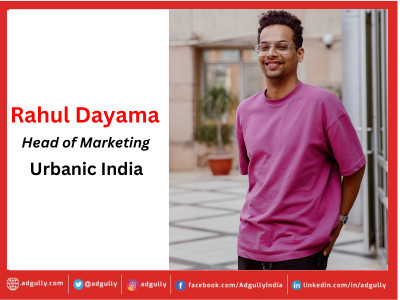



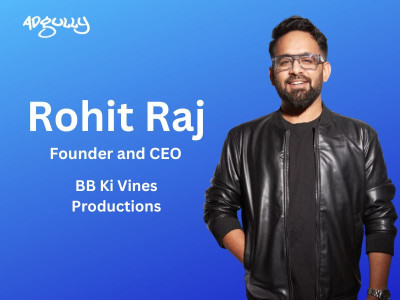

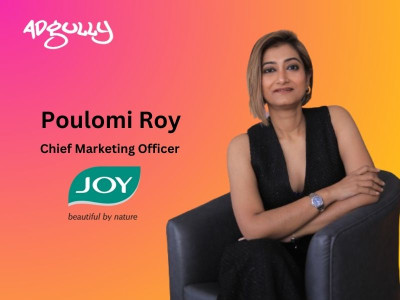
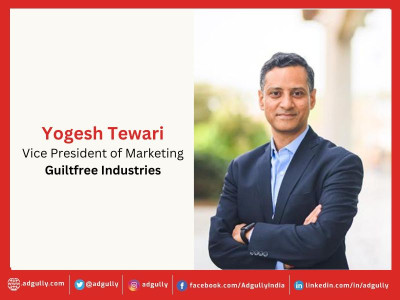
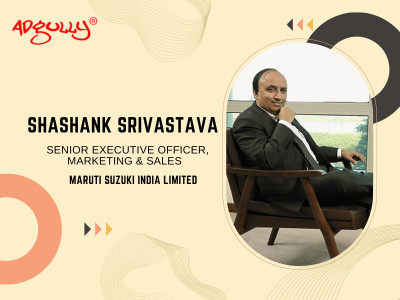

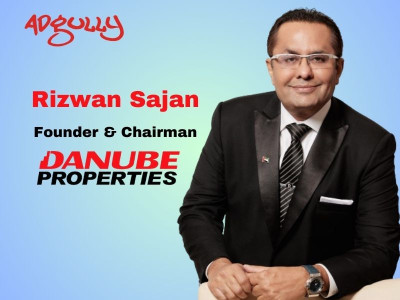
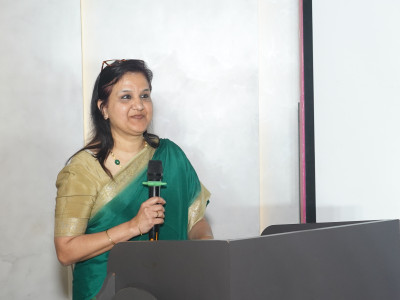



Share
Facebook
YouTube
Tweet
Twitter
LinkedIn